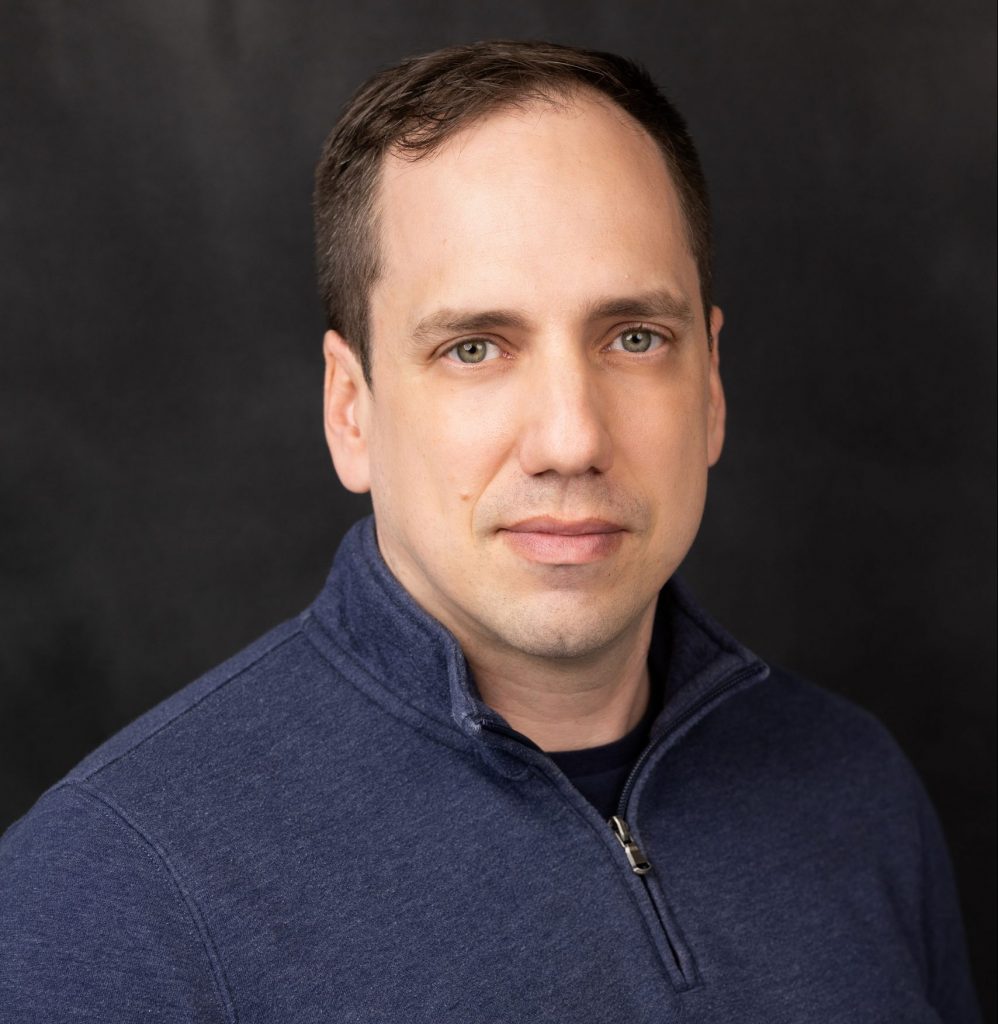Research Scientist Learn more about Dr. Andy Kubik

SNOLAB researchers named in prestigious Breakthrough Prize
For the third time in 10 years, SNOLAB factors into the prestigious Breakthrough Prizes. This year’s Breakthrough Prize in Fundamental Physics is awarded to thousands of researchers from more than 70 countries representing four experimental collaborations at CERN’s Large Hadron Collider (LHC), including SNOLAB’s own Stephen Sekula and Andy Kubik.
The $3 million prize is allocated to ATLAS ($1 million); CMS ($1 million), ALICE ($500,000) and LHCb ($500,000), in recognition of 13,508 co-authors of publications based on LHC Run-2 data released between 2015 and July 15, 2024.

Research Group Manager Learn more about Dr. Stephen Sekula
Sekula joined the ATLAS Experiment at the LHC in 2009, contributing to the discovery of the Higgs particle’s direct interaction with bottom quarks in 2018. At SNOLAB, Sekula has been research group manager since 2022.
As a graduate research assistant, Kubik was stationed at CERN from 2008 to 2010 working on commissioning the CMS experiment and analysis of first collision data from the LHC. Kubik has been a research scientist at SNOLAB since 2020.
SNOLAB also shared in a Breakthrough New Horizons Prize in Physics in 2020 as the host of SENSEI, which uses Charge-Coupled Devices (CCDs)—the same technology found in cell phone cameras—to search for dark matter.
In 2016, the Sudbury Neutrino Observatory (SNO) Collaboration, represented by Dr. Arthur McDonald, shared the 2016 Breakthrough Prize in Fundamental Physics “for the fundamental discovery of neutrino oscillations, revealing a new frontier beyond, and possibly far beyond, the standard model of particle physics.” Five experiments investigating neutrino oscillation shared the prize. The teams include Daya Bay (China); KamLAND (Japan); K2K / T2K (Japan); Sudbury Neutrino Observatory (Canada); and Super-Kamiokande (Japan).
The Breakthrough Prize Foundation, which awards prizes annually in life sciences, mathematics, and fundamental physics, regards itself as the “Oscars of Science.” The 2025 awards were announced at a star-studded ceremony in Hollywood on Saturday.
In consultation with the leaders of the experiments, the Breakthrough Prize Foundation will donate 100 percent of the fundamental physics prize funds to the CERN & Society Foundation. The prize money will be used by the collaborations to offer grants for doctoral students from member institutes to spend research time at CERN, giving the students experience working at the forefront of science and new expertise to bring back to their home countries and regions.
SNOLAB Executive Director Jodi Cooley said talented people are the core of SNOLAB’s ongoing success, and key to its global reputation as a leader in underground science.
“Large scientific collaborations, like those hosted at LHC and SNOLAB, require large international research teams. At SNOLAB, we both produce and attract some of the best scientists in the world, positioning us to share in international celebrations such as this one.”
About the Breakthrough Prize Foundation:
The Breakthrough Prize Foundation was established in 2014 to celebrate the wonders of our scientific age by founding sponsors Sergey Brin, Priscilla Chan and Mark Zuckerberg, Julia and Yuri Milner, and Anne Wojcicki. Breakthrough Prizes—popularly known as the “Oscars of Science”— are presented annually in categories of Life Science, Mathematics, and Fundamental Physics.
